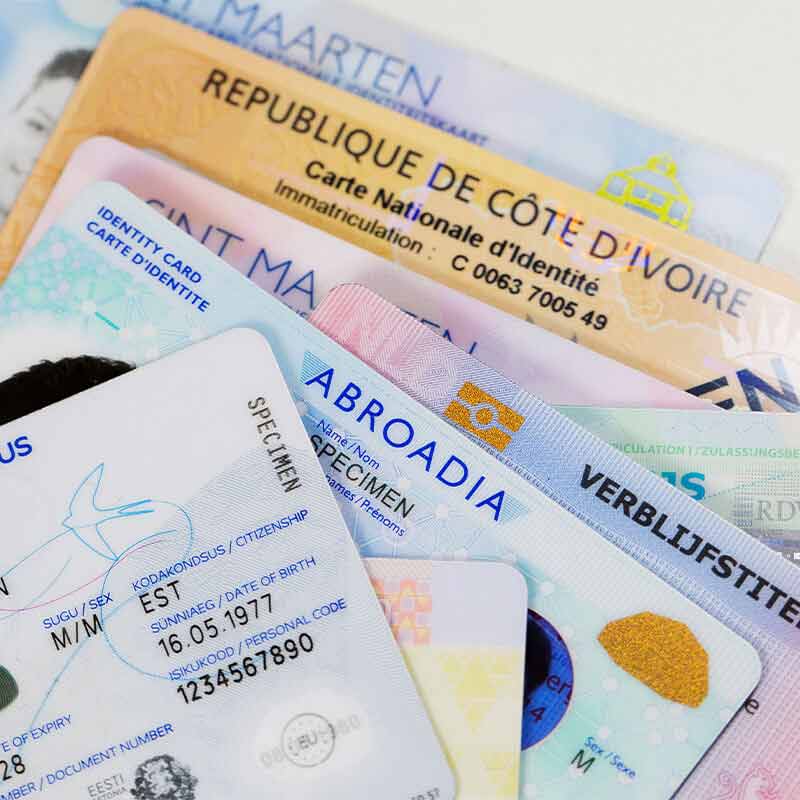ICAO defines the legal framework for international designs and, global interoperability.
Creating the bridge between physical ID documents and governmental eServices

Today’s smart card operating systems (smart card OS) for eID documents must support many applications, including eGovernment use cases. From in-person identity verification to remote authentication, and from crossing borders to secure transactions, eID documents build the trust needed for Government-Citizen relationships. IDEMIA smart card OS offers an innovative solution to update OS in the field and allow governments to ensure protection against attacks throughout a smart card’s lifetime.
We offer a wide range of eID documents, based on Java Card or native OS that respond to different identity market needs: national identity cards, biometric passports, driver’s licences, health cards. Our products address the current challenges regarding security, flexibility and interoperability. Depending on the context, we offer solutions that comply with international standards such as ICAO, IAS-ECC or EAC v2.
Securing personal data stored in the chip is crucial—whatever the type of eID document provided to citizens. This is why IDEMIA smart card operating systems have been certified against well-established security standards (Common Criteria, FIPS).
Our smart cards are available on different source of silicones and in various formats: contact, contactless or dual interface modules, inlays, printed or personalized documents, etc.
As a technology innovator, IDEMIA is an active member of industry standardization committees and security evaluations. As a result, IDEMIA products incorporate the latest innovation, such as biometric Match On Card, within a highly robust smart card operating system.
Our smart card operating systems support the latest standards and have Common Criteria security certifications. Our technology is also regularly updated with state-of-the-art cryptography and security mechanisms.
Our smart card OS are compliant with international standards—they can support third party applications, enabling sustainable solutions. They can also work in open environments.
We offer Java Card and native OS solutions that meet the evolving needs of citizens and issuing authorities. Updates may include security improvements or changes to meet the evolving needs of the citizen.
ICAO defines the legal framework for international designs and, global interoperability.
The Common Criteria certifies embedded software that meets the required levels of security and also affirms the level of attack resistance.
FIPS is a standard used to approve cryptographic modules. It covers a wide range of applications and environments.